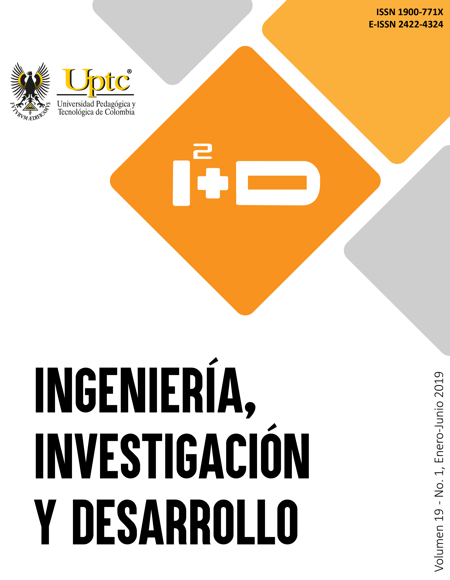Life project and retention young talents in the Eje Cafetero, Santanderes and Valle de Aburra

Abstract
The purpose of this research essay is to demonstrate the hypothesis “There is a positive relationship between entrepreneurship and happiness as a realization of life projects that facilitates local development and the reduction of migrations of talented young people in the metropolitan areas of Coffee Region, Santanderes and Aburra Valley." In other words, how do young university students see the future of work in their municipalities? What confidence does the future growth of their municipality offer them? The research is based on the international indexes of: Multi-dimensional Well-Being and Integral Happiness. For this purpose, 1780 questionnaires were carried out, using the multivariate analysis method, with a confidence level of 95% and a margin of error of 5%. The study concludes that Cucuta, Medellin and Manizales are the cities that most retain their young talent.
Keywords
subjective happiness, intersubjective happiness, city equipment, Life project
References
Bentham and Mill. (2003). The classical utilitarians. United Satates of America: John Troyer.
J. Mill (2002). El Utilitarismo. Madrid, España: Alianza Editorial.
S. Guisán (2004). La ética mira a la izquierda. Barcelona, España: Anthropos
Acemoglu, Daron & Robinson, James. A. (2012). Por qué fracasan los países. Los orígenes del poder, la prosperidad y la pobreza. Colombia. Deusto, segunda edición.
P. Beytía, E. Calvo (2011). ¿Cómo medir la felicidad? Revista Claves de Política Pública, 4, 1-10. DOI: http://dx.doi.org/10.2139/ssrn.2302809
Y. Noah (2015). De animales a dioses. Breve historia de la humanidad. Bogotá, Colombia: Debate.
J. Jacobs (2011). Muerte y vida de las grandes ciudades. Madrid, España: Capitán Swin Libros.
E. Dussel (1998). Ética de la liberación. En la edad de la globalización y de la exclusión. Madrid: Trotta
G. Rey (2015) La felicidad si se puede medir. [Impreso].Portafolio, Especial. [Consultado 25 de julio]. Bogotá, Colombia.
[10] Aristóteles. (2018). Ética Nicómaco. Madrid, España:Alianza.
J. Gehl (2010). Cities for People. Washington: Island Press.
Á. Muñoz (2018). La felicidad urbana en el Chocó, Valle de Aburrá y sus Provincias, Golfo de Urabá, Magdalena Medio y Santanderes. Medellín: Dossier de investigación de la Escuela Superior de Administración Pública de Antioquia-Choco.
V. Camps, S. Giner (2014). Manuel de Civismo. Barcelona, España: Ariel.
Cámara de Comercio de Cúcuta. (2018). Cúcuta cómo vamos. San José de Cúcuta: Encuesta de Percepción Ciudadana. www.cccucuta.org.co
Observatorio en Comercio Internacional y Frontera. 2018. Boletín Económico y de Comercio Internacional. Norte de Santander, Colombia: Universidad Francisco de Paula Santander, Vol. 019.
Plan de Desarrollo Municipio de Medellín (2016). Medellín cuenta con vos 2016-2019. Alcaldía de Medellín: Secretaria de Planeación Municipal. Índice de felicidad Integral para Medellín IFI.
En Medellín así es la experiencia ciudadana de felicidad sentida (2017). Periódico de circulación diaria. Noticias de Medellín. [Consultado en El Mundo.Com. el 20 de marzo]. Antioquia, Colombia.
A. Muñoz (2014). “Gender Dignity in the Colombian Labor Market (2000-2013)”. Open Journal in Political Science, Vol. 4 and No. 4, p.p. 195-207.
Ley 1454. (2011). Normas orgánicas para la organización político administrativa del territorio colombiano. Bogotá: Diario Oficial No. 48.115. Congreso de la República de Colombia.
COMPES 3918 (2018). Estrategia para la implementación de los Objetivos de Desarrollo Sostenible ODS en Colombia. Bogotá: Consejo Nacional de Política Económica y Social. Departamento Nacional de Planeación.
